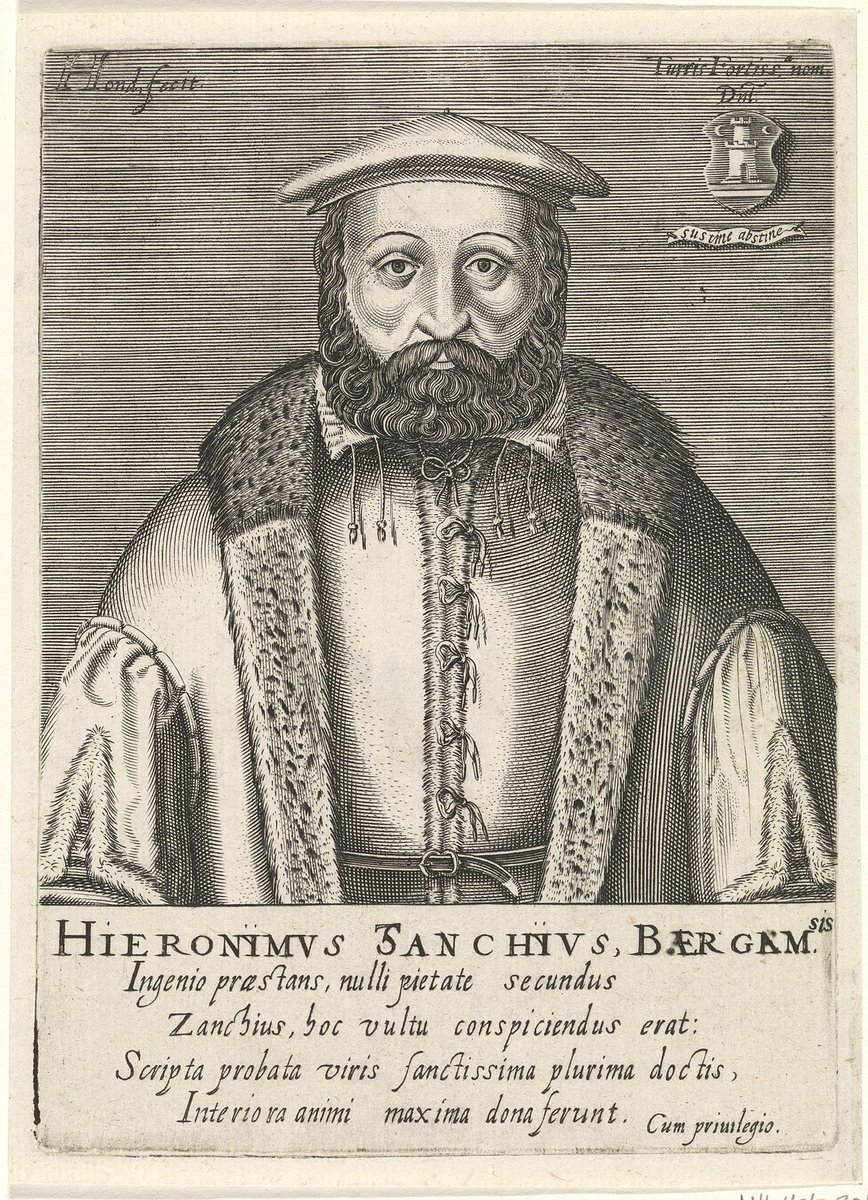
Firstly, what is the Protestant view of the Spirit's preservation of the church and how does it differ from the Socinians? I will refer you to Father Ockham the Wise of England who taught that even a single baptized infant keeping the faith is enough to satisfy Matt. 28:20. 
https://twitter.com/Hidd3nTimobo/status/1484906119487238149

The catholic church is the body of Christ, invisible, and composed of all true believers. This can NOT cease to exist, as the Socinians believed, as this would nullify the promises of Christ to his church. God always preserves his people, even in cases of widespread idolatry. 

This doesn't need to be proven from history, we need not hunt for a remnant who didn't worship wood (though we can). All the Protestant needs to show is (a) Protestantism is true, from Scripture, and (b) God promised his church would never die. Then we KNOW there was a remnant. 

However, the claims of the monkish East are FAR greater than ours: we claim there was always a remnant (as per 1 Kings 19:18) they claim that all of their beliefs are APOSTOLIC and believed from the beginning. Refusing to hide behind the shield of Newman. 

So the Protestant has to prove nothing from history (though we can) the 'Orthodox' - if they want their claims to be believed - must prove their doctrines from Scripture and the primitive church, and this they cannot do. I will take but one example of many: Saint invocation.
What do we see in Scripture and the primitive church on this issue? We see (a) deafening silence and (b) condemnation. None of Tim's quotes prove that the Saints ought to be invoked and most would be affirmed by a Protestant. All are irrelevant.
https://twitter.com/Hidd3nTimobo/status/1484906157164670981
The Father of Latin Christianity, Tertulliano, does speak of invocation... to CONDEMN it. Lactantius also speaks of invocation... to CONDEMN it. And let not the accusation of heresy be thrown against these men to invalidate their historic witness, this was not their heresy. 



To conclude: do confessional Protestants hold to a Socinian view in which the church dies? No, we DENY against the Socinians. Did the primitive church worship dead men? No, they DENY against the 'Orthodox'. To understand the Protestant view of the history of idolatry see Perkins! 

And finally, to quote master Turretini of blessed memory: “If our opponents wish us to answer the proposed question, they are also bound to answer us-where was their church in the time of Christ and the apostles, in which nothing concerning either transubstantiation,
the sacrifice of the Mass, the invocation of saints and the worship of images, purgatory, indulgences, the pope and his authority, and the other errors theoretical and practical prevailed as yet among believers? Let them show us where then was that magnificent apparatus of
temples and ceremonies which has corrupted Christianity completely and converted divine worship into a show. Where was the papacy in the first six centuries of purer (or at least of less impure) Christianity? For although various errors began gradually to creep into the church,
still it is certain that far more numerous and grievous errors were introduced in the following ages or received strength: the worship of images, transubstantiation, communion under one species, the infallibility and monarchy of the pope, the use of a foreign language in the
sacred service, etc. Let them show where the church was in the tenth century (which Baronius calls the 'iron' age), in which there were more than fifty popes succeeding each other.”
• • •
Missing some Tweet in this thread? You can try to
force a refresh





